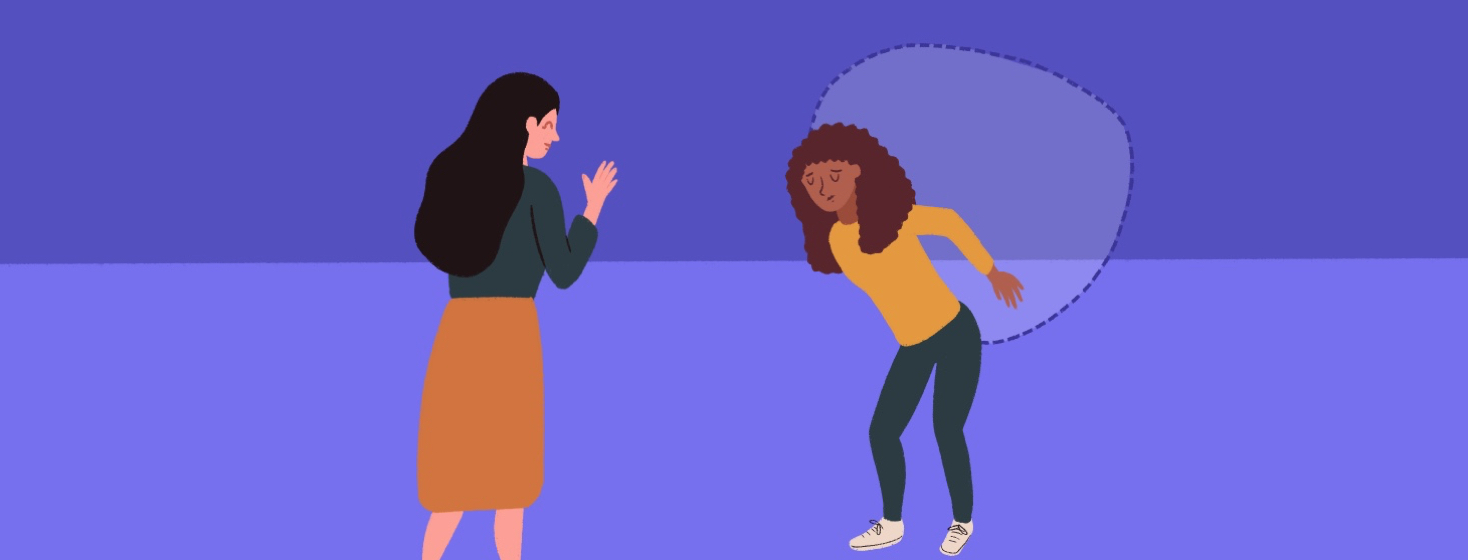RLS: Living With an Invisible Illness
Living with an invisible condition like restless legs syndrome (RLS) can be a lonely existence in many ways.
How do we explain the horrible sensations we are feeling when there are no words that can do them justice? Or the exhaustion we feel after countless nights of little sleep? Adding insult to injury, even saying the name restless legs syndrome can evoke chuckles and smirks from some less understanding folks.
With RLS, there are no outward signs that we are suffering. No obvious symptoms that a passerby on the street would recognize. Beyond a handful of people closest to us, no one would know that we may be suffering.
The single most empowering thing we can do
RLS can wreak havoc on many aspects of our lives. Work, socializing, and holidaying can become a nightmare. Relationships can suffer when even the simplest of things like cuddling, watching a movie, or sharing a bed are sometimes impossible. Our moods can also be affected by the stress of it all.
It can be that much harder to bear when the people in our lives don't understand. Educating ourselves and then the people in our lives about RLS might be the single most empowering thing we can do. Even having just one supportive person in our life can make a difference and help us to feel not so alone.
This or That
What do you need more right now?
The struggle to find the right doctor for RLS treatment
How hard can it be to find a doctor who knows a little something about RLS?
One of the biggest struggles can be finding the right healthcare provider. Unfortunately, most doctors know next to nothing about RLS, and worse, some still believe it is a made-up illness. I have heard so many stories from people whose doctors have completely dismissed their symptoms as though it is not worthy of their time. This can be devastating.
Personally, I have a doctor who doesn't have a lot of experience with RLS, but she is willing to listen to me and research what we talk about. Educating ourselves about all things RLS may help us to be taken more seriously by medical staff. At the very least, it can help us to recognize when our doctors may be leading us down the wrong path.
Sleeping when we can
One of the most common invisibilities of RLS is chronic sleep deprivation. Personally, I sleep best in the hours between 4 AM and noon. I know that I will never keep "normal" hours.
Now that my children are grown, I've been able to arrange my life in a way that fits those hours. I often hear comments like, "It must be nice to sleep in so late." I usually explain that I am just happy to get sleep when I can.
We are not lazy. We are tired.
We are not lazy or unmotivated. We are tired and suffering. Recently my brother came to visit. We have not spent a night under the same roof in over 40 years.
While he knew I had RLS in a vague way, he certainly had no idea how my schedule revolves around controlling my symptoms. He seemed a little put out by it, and that was painful. Sadly, we may always face judgment and criticism when we don't conform to the norms.
Don't go it alone
RLS support groups are a great way to find people who can relate to all that we go through. They have definitely helped me feel more confident to speak about my condition to my physician, family, and friends and to make choices that have given me a better quality of life. Even in the simplest of ways. Like surrounding myself with people that don't mind my off-beat lifestyle.
A few years ago, I went to the SPCA and asked to see their least cuddly cats. I have a feeling that is not a common request. I received some sideways looks, but I came home with a cranky old ginger cat who has yet to ever even sit on my lap. He doesn't judge me for staying up all night and sleeping all morning.

Join the conversation